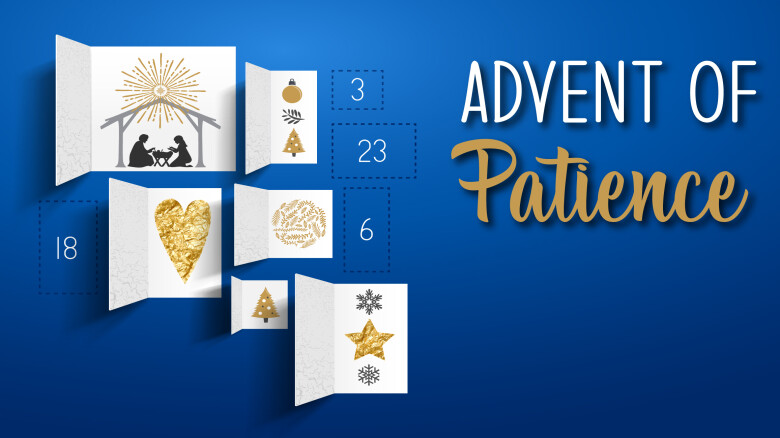Series: Advent of Patience
The Disappointment of Not Waiting
December 18, 2022
Passage: John 1:1-18
Interactive Sermon Notes
You can add your own personal sermon notes along the way. When you're finished, you'll be able to save your notes as a .pdf file.
Follow Along with the Message
Series Information

December 2022


